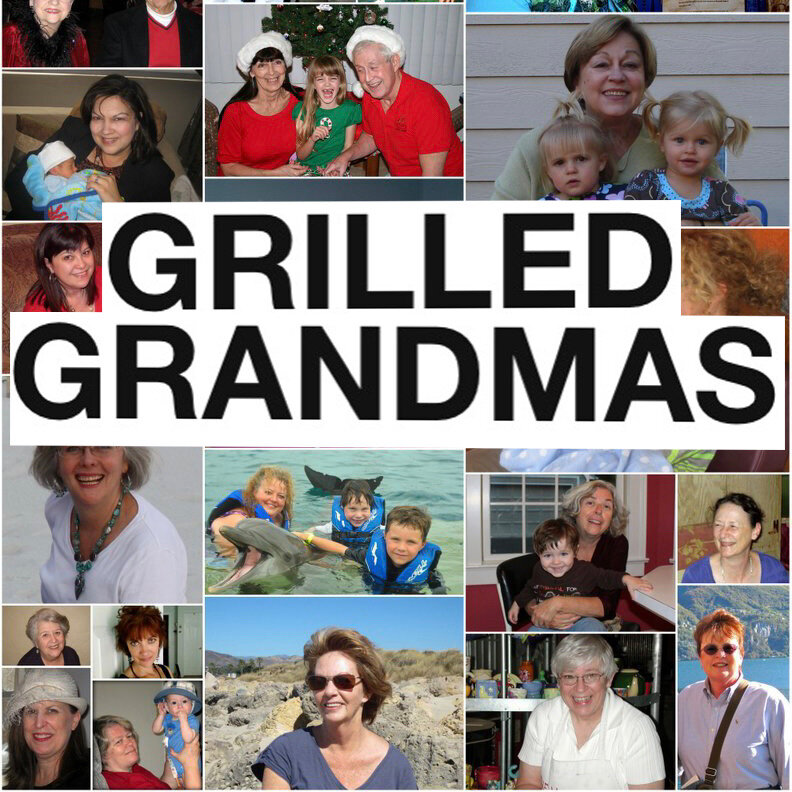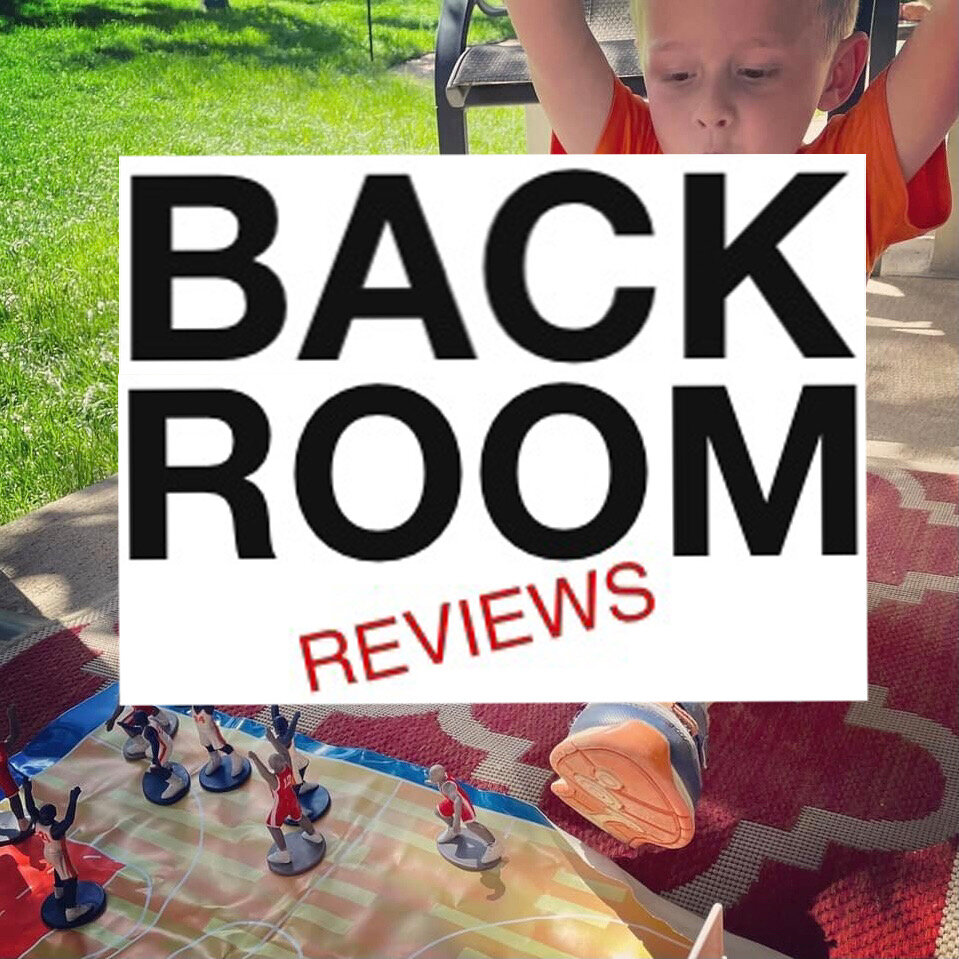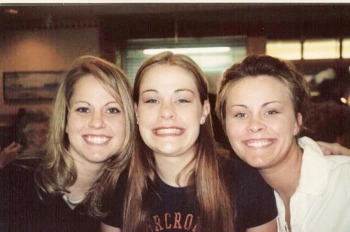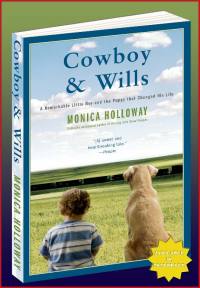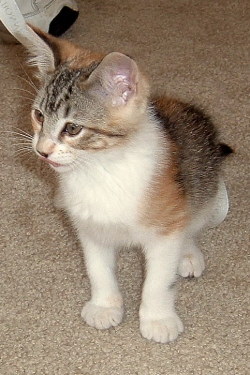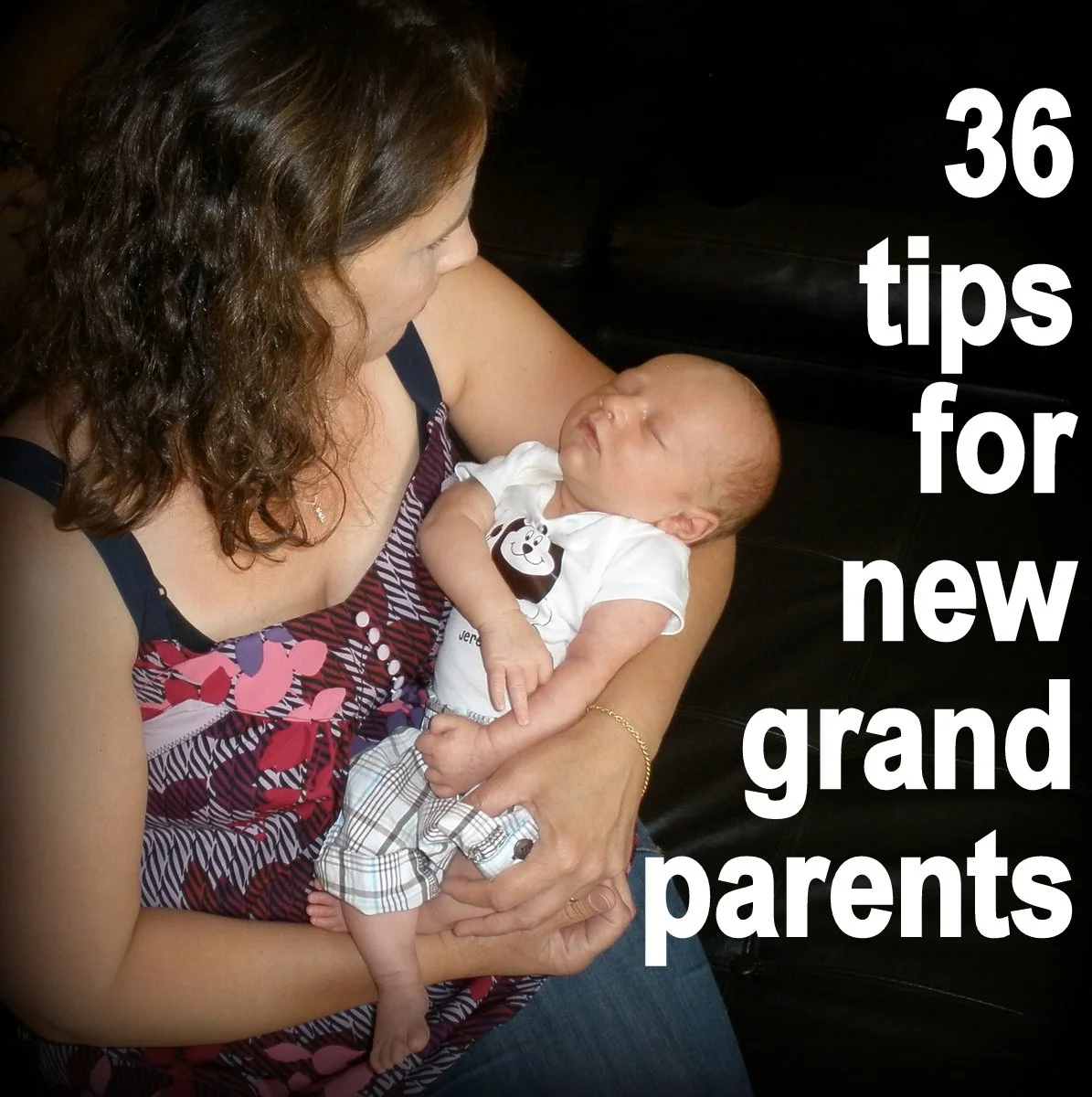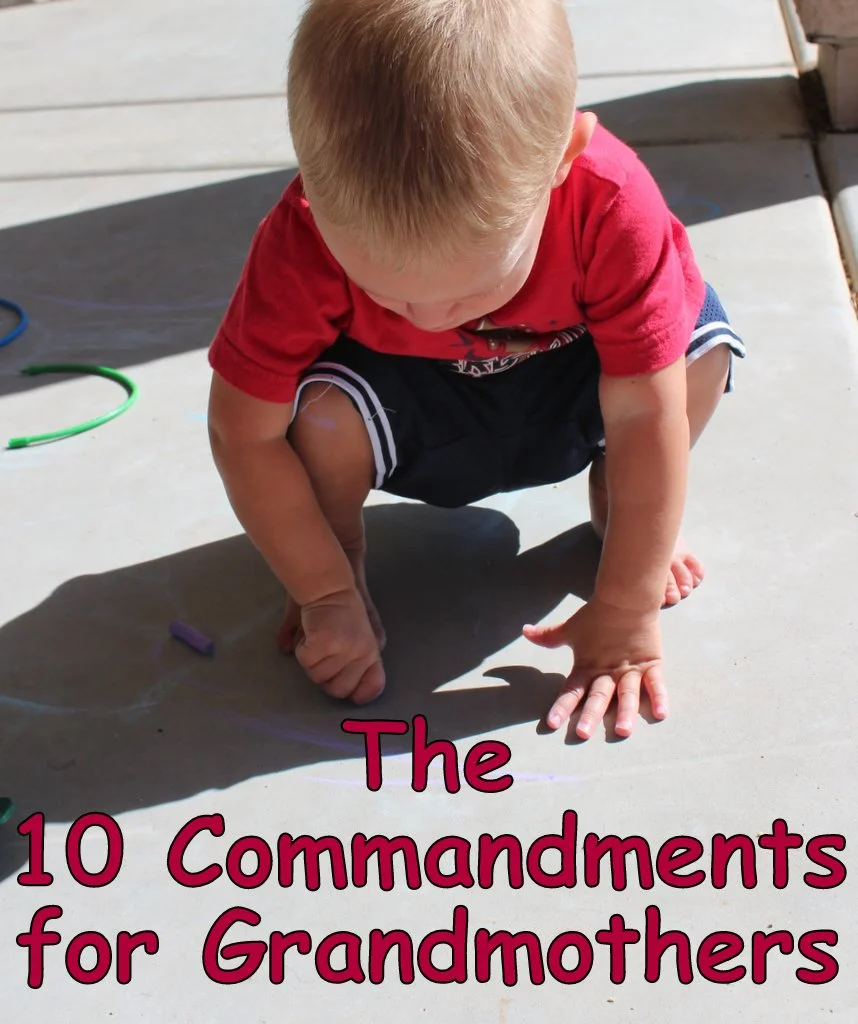Perspective
/Like many folks, I’ve faced a fair share of challenges the past couple of years due to the economic mess we’re plodding our way through. I’ve also had a few other challenges and disappointments, many related to family situations, writing failures, and having a big ol’ chunk of my heart residing 815 miles away with my daughter and grandson.
I worry and whine about my woes. Often. More often than I should. Which has been made quite clear to me by a young girl I recently met. Her name is Blessing, and she lives a life far more challenging than mine, with hardships that make my complaints pale in comparison.
Blessing is 12 years old. She lives with her mother and older brother — and umpteen cousins and others — at her grandparents’ shack of a home in Nigeria, after her father deserted the family. Blessing is wise beyond her years, she's tenacious in the face of upheaval, and she's fiercely loyal to her brother.
She’s also not real.
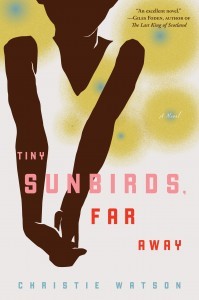 Blessing is the narrator of the absorbing coming-of-age novel I’m currently reading called Tiny Sunbirds, Far Away by Christie Watson. And though she isn’t real, the daily hardships she endures as an adolescent girl in Nigeria are. Fictional Blessing and factual residents of contemporary Nigeria provide a much-needed perspective to my perceived hardships and force me to reconsider pity parties I’ve conducted in the name of my plight.
Blessing is the narrator of the absorbing coming-of-age novel I’m currently reading called Tiny Sunbirds, Far Away by Christie Watson. And though she isn’t real, the daily hardships she endures as an adolescent girl in Nigeria are. Fictional Blessing and factual residents of contemporary Nigeria provide a much-needed perspective to my perceived hardships and force me to reconsider pity parties I’ve conducted in the name of my plight.
I whine about having to cut back on groceries and dining out because of a tightened budget. Blessing and her family eat fish stew, stretched with water to feed all the hungry mouths of those sharing their ramshackle home. In addition, yams — one of the few foods I hate — are a staple of their diet, and all meats must be fried to kill the parasites they carry.
I lament not having the funds to spruce up and newly accessorize my bathroom. Blessing has no bathroom, uses an outhouse or a hole in the ground used by all the others in her family. She also has no running water and no electricity.
I complain about having to dust, vacuum, sweep, and clean the cat box. Blessing must collect water in town and carry it home in a bucket balanced on her head.
I bemoan the unsavory parts of my job, listen to Jim and the girls do the same regarding theirs. Blessing is forced to learn and practice the midwifery trade from her grandmother — at 12 years old! One of the other women living with her family has a job as a professional mourner at funerals. Both are happy to have the work, the meager wages that help keep the family fed.
I stress over the usual pains and occasional procedures endured by my loved ones and myself. Blessing fears daily for her brother’s life because of asthma and allergies that wrack his body, made worse by limited money for medication, limited access to appropriate foods, and limited (or nonexistent) sanitation.
I lament needing to lock the doors every night because of increased crime in our neighborhood. Blessing and her family are surrounded every day by crime and violence by way of corrupt officials, warring tribes, and renegades trolling for random victims as well as new recruits.
It’s a hard life for Blessing. It’s an even more difficult one for Blessing’s real-life counterparts, those not populating the pages of a novel but daily traversing the difficult, often undignified — and often fatal — road of contemporary Nigeria’s reality. A road that makes mine look thoroughly blessed and bountiful in comparison.
I’ve not yet finished reading Blessing’s powerful story, I don’t know how it all ends. But I sincerely hope it’s a happy ending for the young heroine and her family. She deserves that. Because although Blessing isn’t real, the positive difference she’s made in my attitude and my outlook is. For real.
Disclosure: I received a free copy of Tiny Sunbirds, Far Away by Christie Watson from the publisher as part of the From Left To Write Book Club, where members write blog posts inspired by books read by club members.
Today's question:
What fictional character has impacted your life?


